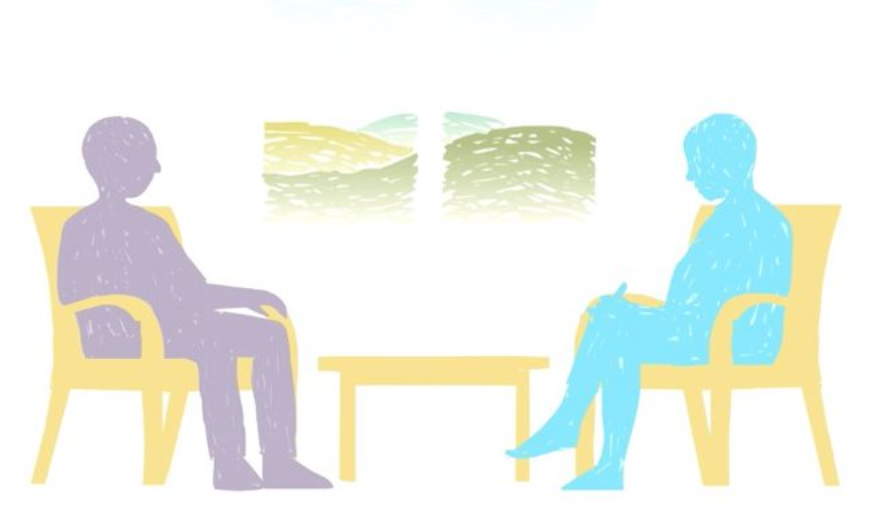Trauma-Focused Cognitive Behaviour Therapy for Psychosis (TF-CBTp)
Aiming to improve the lives of trauma survivors experiencing psychosis
This website is currently under development More resources will be added Autumn 2025
Stressful, difficult or traumatic events are common in people experiencing psychosis
These can have a range of effects and get in the way of living life
Trauma-focused talking therapy is recommended for people who are experiencing post-traumatic stress difficulties.
But, traumatic events and their effects are often not recognised in people experiencing psychosis, or trauma-focused therapy offered.
Our integrated trauma-focused therapy for psychosis (TF-CBTp) aims to address this by supporting recovery from trauma.


